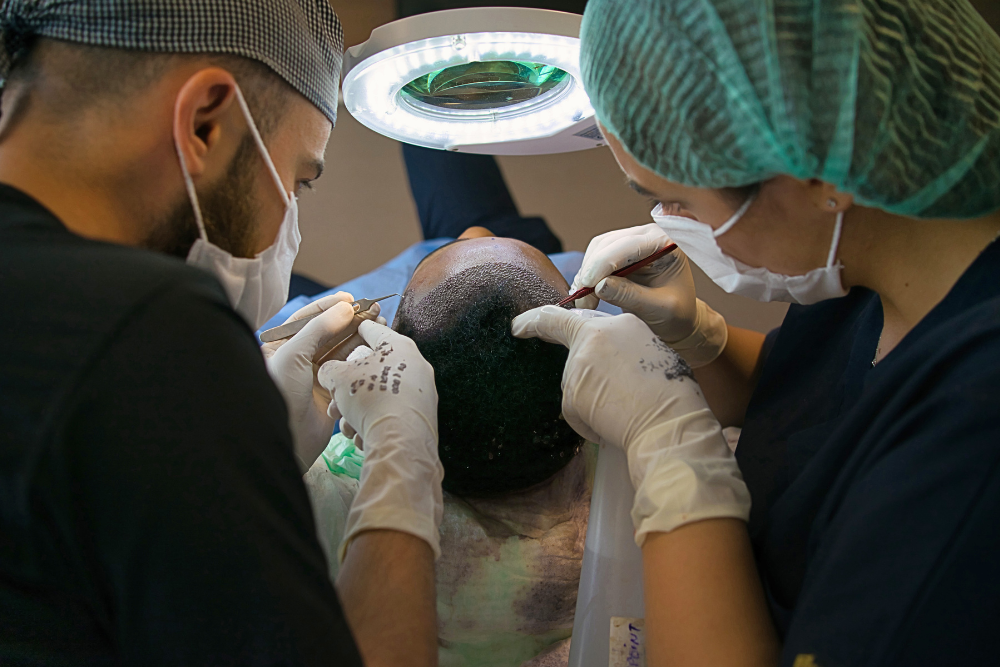Thinning hair or balding can be a significant concern for many, affecting confidence and self-esteem. Fortunately, hair transplant surgery offers a viable solution for restoring hair and rejuvenating your appearance. In this blog, we’ll explore what hair restoration involves, the average costs associated with it, and how to find the best hair transplant financing in D.C.
What Is Hair Transplant Surgery?
Hair transplant surgery is a cosmetic procedure designed to move hair follicles from a part of your body, usually the back or sides of the scalp, to areas experiencing thinning or balding. This technique creates a natural-looking hairline and fuller hair, providing a permanent solution to hair loss.
Average Costs of Hair Transplant Procedures
Understanding the financial commitment of this procedure is crucial for planning and researching the best hair transplant financing in D.C.
That said, costs can vary significantly depending on several factors, including the method chosen, the extent of the procedure, and the geographic location of the clinic.
- FUT (Follicular Unit Transplantation): Costs generally range from $4,000 to $10,000. Pricing is typically lower than FUE due to the technique and time involved.
- FUE (Follicular Unit Extraction): FUE hair transplant approach can range from $5,000 to $15,000. The higher cost is justified by the advanced technology and precision required.
Keep in mind that these prices are estimates and can fluctuate based on individual needs and the reputation of the clinic.
Choosing the Best Hair Transplant Financing in D.C.
For many, finding the best hair transplant financing in D.C. plays a critical role in making surgery accessible. Here are some strategies to consider:
1. Healthcare Credit Cards
- Healthcare credit cards, like CareCredit, are specifically designed to cover medical expenses, including hair transplant procedures.
- They allow you to finance your procedure with low-interest rates and flexible repayment plans.
- These cards often have promotional offers such as interest-free periods or reduced APRs for a certain amount of time. This making them an attractive option for those looking to spread out the cost of their hair transplant over several months or years.
2. Clinic Financing Plans
- Many clinics provide financing options to make treatment more affordable.
- These plans often include interest-free periods or low monthly payments, but be sure to read the terms carefully.
3. Low Interest Rate Credit Cards
- Using a credit card with a low interest rate or an introductory 0% APR can be an option but ensure you can manage repayments to avoid high interest charges later.
4. Health Savings Accounts (HSAs) or Flexible Spending Accounts (FSAs)
- Depending on your insurance, these accounts might be used to cover qualified medical expenses, including hair transplants.
Schedule a Hair Transplant Consultation Today!
Ready to take the next step? If so, please call our office to schedule a consultation with our board certified plastic surgeon, Dr. Steven B. Hopping.





